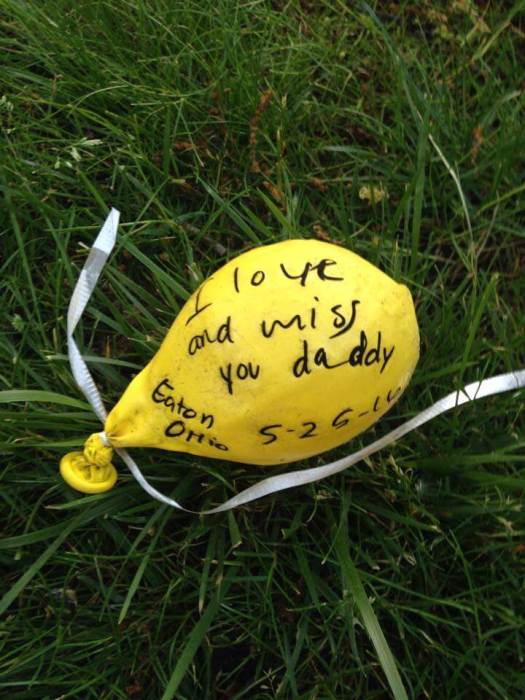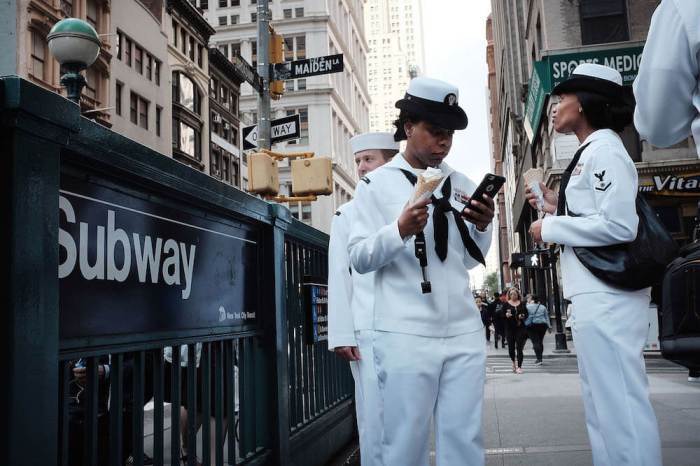Before Andrew McCarty went into the military, he was involved in theater and improv troupes. He had no problem standing in front of hundreds of people and doing something silly to make them laugh.
But when he got out of the service, something had changed.
“When I went through my transition out of Air Force in 2004, I wasn’t prepared for how different I had become,” he said. “When I got out, I had trouble — and still do, sometimes — around a small conference table, really finding my voice and the confidence to speak up.”
Now, he’s turning back to improv as a way to help both himself and other veterans improve their communication skills through a partnership between Northeastern University and Boston’s Improv Asylum.
McCarty is the director of Northeastern’s Center for the Advancement of Veterans and Servicemembers (CAVS). That’s where he helped set up an improv class open to all vets, whether or not they’re current students at the school, so they can better acclimate to civilian life.
“I was indoctrinated into the culture of the military, and coming out of that culture, it was tough because your jokes don’t land and some things you say don’t make sense,” McCarty added. “You use different vocabulary and jargon [in the military], and civilians are using the jargon and vocabulary they’ve been using for many years while you were serving.”
After getting out of the Air force, McCarty brought up his communication struggles in conversation with other veterans. Many thought they were the only ones experiencing that difficulty, he said.
McCarty doesn’t think this is linked to combat, because not all of the veterans who felt this — including him — had experienced combat. Rather than being caused by that trauma, he said it is the overall military culture that can create a disconnect between service members and civilians.
“Part of basic training, or boot camp, is not speaking until you’re spoken too and you’re given a very specific way in which you have to talk and respond, so you’re shutting down that part of you that’s [like], ‘I feel confident speaking and offering my thoughts,” he said.
One exercise vets will try is “a story in one word.” Everyone stands in a circle, each saying one word in order to weave a story.
“It gives folks the confidence to not hesitate,” said Bob Melley, managing director of IA Innovations, Improv Asylum’s corporate training program. “It removes the fear to communicate and to offer their ideas.”
This can help veterans as they look for new careers, McCarty said, and also in the day-to-day routine of their new civilian lives.
“The intention is to help them be more confident, creative and quick thinkers so they can represent themselves better,” he said. “I think it’s going to make people feel more comfortable in their own brain space, as well as in their community.”
Classes are every Wednesday through May 17 from 5:30 to 7:30 p.m. at Northeastern’s Center for the Advancement of Veterans and Servicemembers, 271 Huntington Avenue. Classes are free and open to all veterans and servicemembers.























